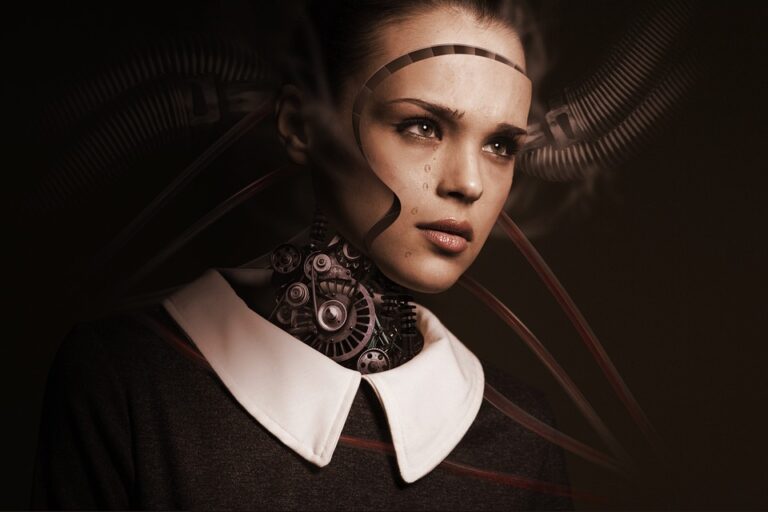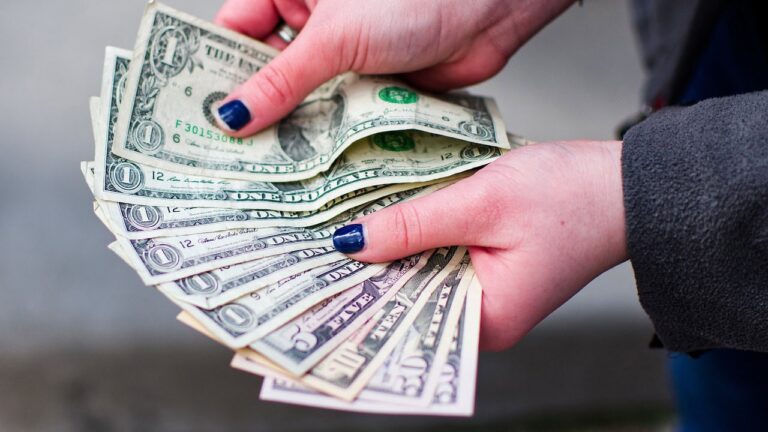Political Correctness in Comedy: The Comedy Conundrum

Comedy has long been a mirror reflecting the absurdities of life, a vehicle for challenging societal norms, and an art form that thrives on pushing boundaries. In recent years, however, the landscape of comedy has been reshaped by the rising tide of political correctness.
This shift has sparked an ongoing debate about where the line should be drawn between humor and offense.
The Evolution of Political Correctness
Political correctness, a term that gained prominence in the late 20th century, refers to the avoidance of language and actions that could be offensive to marginalized groups. Its roots can be traced back to movements advocating for civil rights, gender equality, and inclusivity.
While the intention behind political correctness is to foster a more respectful and inclusive society, its application in comedy has been met with mixed reactions.
The Role of Comedy in Society
Comedy serves as a tool for social commentary, challenging prevailing ideologies and highlighting societal flaws. It provides a platform for discussing taboo subjects and addressing uncomfortable truths. Comedians often use humor to critique power structures, offering audiences a fresh perspective on controversial topics.
As such, comedy has historically thrived on its ability to provoke thought and elicit laughter through its irreverence.
Political Correctness: A Double-Edged Sword
While political correctness aims to prevent harm and promote inclusivity, its impact on comedy is a double-edged sword. On one hand, it encourages comedians to be more mindful of their language and the potential harm their jokes may cause.
This sensitivity can lead to more thoughtful and creative humor that resonates with a wider audience. On the other hand, critics argue that excessive political correctness stifles creativity, leading to self-censorship and a homogenization of comedic voices.
The Comedian’s Dilemma
Comedians today face a unique challenge: how to address sensitive topics without crossing the line into offensiveness.
This balancing act requires a keen awareness of audience sensitivities and a deep understanding of the context in which jokes are delivered. Many comedians have adapted by refining their material, finding innovative ways to tackle contentious issues while maintaining their comedic edge.
Case Studies: Navigating the Fine Line
Several prominent comedians have successfully navigated the delicate balance between political correctness and humor.
For example, Hannah Gadsby’s groundbreaking special “Nanette” blends comedy with poignant social commentary, addressing issues such as gender identity and trauma. By weaving personal narratives into her performance, Gadsby challenges the traditional comedy structure and invites audiences to reflect on their preconceptions.
Similarly, Hasan Minhaj’s “Patriot Act” combines comedy with investigative journalism, tackling topics like politics, culture, and global issues. Minhaj’s approach demonstrates how comedians can use humor as a tool for education and social change, providing insight into complex subjects while entertaining audiences.
The Audience’s Role in Shaping Comedy
The relationship between comedians and their audiences is symbiotic; audience reactions play a significant role in shaping comedic content. In the age of social media, feedback is instantaneous and far-reaching.
Comedians must be attuned to the cultural zeitgeist and responsive to audience expectations. As societal norms evolve, so too does the audience’s tolerance for certain types of humor.
Cancel Culture and Its Impact
The rise of “cancel culture” has added another layer of complexity to the comedy landscape. When comedians face backlash for perceived offensive content, the ramifications can be swift and severe, potentially damaging careers and reputations.
This heightened accountability has compelled some comedians to reassess their material and consider the broader implications of their jokes.
The Power of Intent and Context
In the debate over political correctness in comedy, intent and context are crucial factors. The intention behind a joke and the context in which it is delivered can significantly influence how it is received.
A joke that may be considered offensive in one setting could be perceived as insightful and thought-provoking in another. Comedians must therefore be adept at gauging their audience and tailoring their delivery accordingly.
Conclusion: The Future of Comedy in a Politically Correct World
As society continues to grapple with issues of inclusivity and representation, the comedy landscape will inevitably evolve.
While political correctness presents challenges, it also offers opportunities for comedians to innovate and find new ways to connect with audiences. By embracing diverse perspectives and pushing the boundaries of creative expression, comedians can continue to fulfill their role as cultural commentators and catalysts for change.
Ultimately, the enduring appeal of comedy lies in its ability to bring people together through laughter, even in the face of division.
As comedians navigate the complexities of a politically correct world, they have the potential to foster dialogue, inspire empathy, and remind us of our shared humanity. In doing so, they uphold the timeless tradition of using humor as a force for good.






